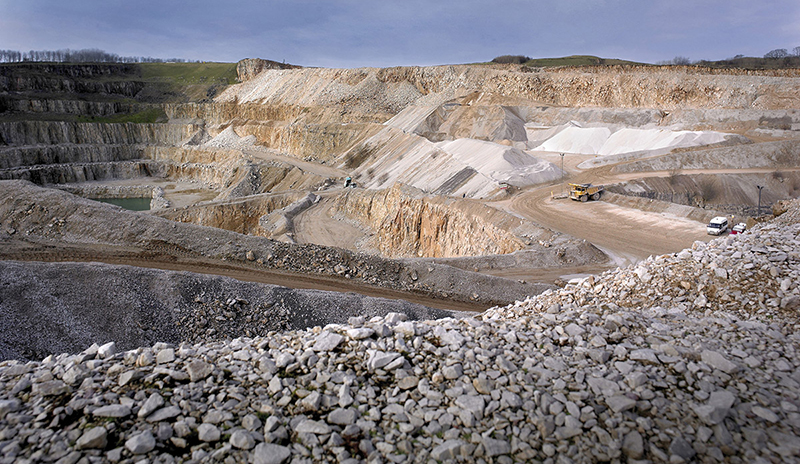THREE key priorities for the next UK Government have been outlined in a new report from the Mineral Products Association (MPA).
With a General Election expected this year, the MPA is urging all parties to carefully consider the supply of essential domestic mineral products in their manifesto pledges on housing and transport, schools and hospitals, flood defences and renewable energy infrastructure.
In the new document ‘Priorities for the Next Government: Decarbonisation, Growth, Delivery’ the MPA outlines three fundamental issues that the next Government needs to get to grips with: accelerating decarbonisation, boosting economic growth, and delivering critical infrastructure.
Representing UK producers of heavyside building materials, the MPA details the steps government must take in these areas to enable the industry to support the wider economy and society:
- Decarbonised & competitive sector is about how government can unleash private investment by tackling high carbon electricity and grid costs, implementing a Carbon Border Adjustment Mechanism by 2026, and delivering industrial-scale carbon capture schemes at pace. MPA members are fully committed to the UK’s net zero targets and government policy must be supportive enough to encourage investment in the face of competitive international markets.
- Streamlined planning for growth is important for both the supply of essential mineral products and their use in construction. Planning is hugely onerous for quarry operators putting pressure on the availability of resources. For example, for every 100 tonnes of sand and gravel extracted for use in UK construction, permission is granted for just 62 tonnes of new reserves. The availability and supply of domestic mineral resources must not be assumed. Streamlining the planning system for minerals will be essential in the next parliament, especially if parties include ambitious housing targets and infrastructure commitments in their manifestos.
- Improved infrastructure delivery will support both the minerals industry and the wider economy. From roads and rail to water and energy, there is a huge pipeline of work needed, and that requires minerals. It can take 15 years from identifying a new mineral resource to starting production, so ‘chopping and changing’ planned infrastructure projects is unhelpful and undermines confidence in the domestic supply chain.
MPA chief executive Jon Prichard said, “For every party pledge to build more homes, improve transport infrastructure and accelerate renewable energy networks, politicians and policy makers need to factor in where the millions of tonnes of mineral resources and products will come from to realise their ambitions. Besides supplying essential raw materials and products for construction and manufacturing, MPA members invest in local, often rural, economies, employing 80,000 people nationwide across all demographics.
“The three priorities in this document come with common sense, and set out actionable policy proposals that, if adopted, would make a real difference to how our industry contributes to the UK economy, regionally and nationally.”
Robert McIlveen, MPA director of public affairs, added, “With an election on the horizon it’s important that MPs, parliamentary candidates, and policy makers are clear that the MPA’s members are not just keen, but are vital to helping them deliver their manifesto commitments. It’s critical that they get the policy framework right, with policies that support UK industry and its competitiveness.”












